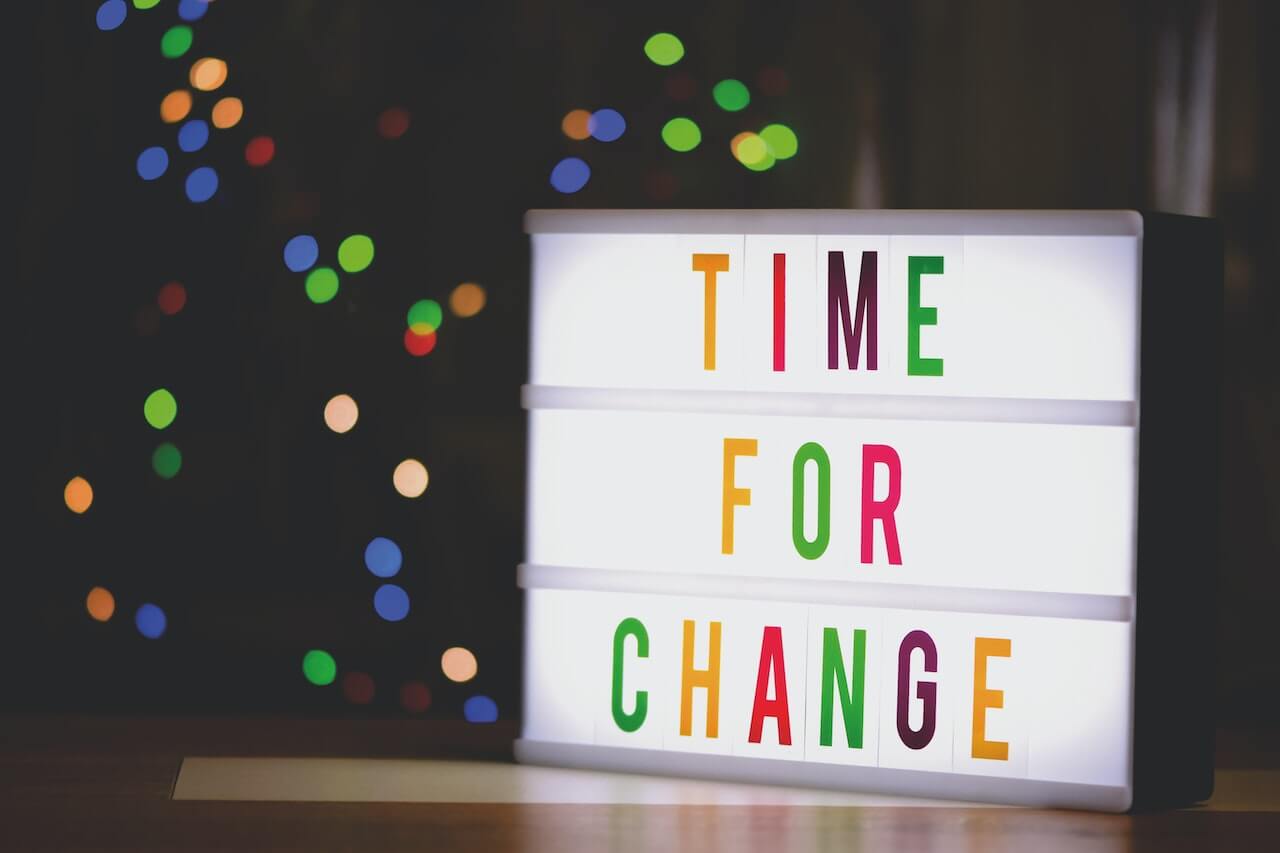I have been thinking about Types of Changes, which tend to fall into 3 buckets.
- First, there is the Minor change, which is basic tuning, or adjustments to normal business life and the predictability of managing those is high.
- Then there are the Low impact changes, small changes in people and processes where predictability is pretty accurate.
- Then there are the Major changes where structure, roles, responsibilities and the purpose of the organization is in flux and here predictability is very low.
The general guideline I use is — the greater the change, the lower the predictability; therefore we have to attend to the impact of the change on the total system.
Truisms About Change
Here are some, what I call some “truisms about change.” We will use the common symbol for greater > and for less <
- The > the change the < the predictability…
- The > the unpredictability, the > the need for communication
- The > the amount of communication, the > the number of questions asked…
- The > the number of questions, the > the amount of time involved…
- The > the amount of time involved, the > the level of participation…
- The > the amount of participation, the > the probability that issues and potential problems will be raised…
- The >the number of problems identified early in the change process the < the probability of error…
- The > the probability of success felt by the members of the organization, the > the commitment to the change process…
- The > the commitment to the change process held by individuals in the organization, the > their efforts will be directed toward making the change succeed…
- The > their commitment to making it succeed, the > their sense of ownership for the change process…
- The > the ownership of the change process, the < resistance to the change…
So What?
This is instructive because recently I have been seeing a lot of opinion pieces about the complexity of modern life and our need to manage this uncertainty and yet the impossibility of doing do.
http://www.nytimes.com/2010/05/28/opinion/28brooks.html?emc=eta1
http://www.pbs.org/newshour/businessdesk/2010/06/how-economics-affects-the-oil.html
David Brooks is writing about risk assessment at the bloody crossroads where complex technical systems meet human psychology. He details our over-reliance on technical fixes and a tendency to match complicated technical systems with complicated governance structures. Drilling for oil at 5000 feet is over reaching if we rely on the blowout preventer and shut down safety conversations. Brooks points to the conflicting and unclear and muddled lines of authority on the Deepwater Horizon and he points to a need for improvements in the “choice architecture – to help people guard against risk creep, false security, groupthink, the good-news bias and all the rest.
Paul Solmon at the Newshour talks about the economics of pushing the “risk envelope” as a competitive reality. But the complexity, unpredictability and pace of events in our world, and the severity of global environmental stress are soaring and that what we need is more ingenuity- that is more and better ideas for solving our technical and social problems.
I do not think that more and better ideas are what we need. BP, Halliburton and Transocean were trying to bring a well on-line as fast as possible and they stopped listening. It’s as simple as that. They closed off the debate and discussion of potential problems and minimized the risk discussion. The Truisms of Change takes time. The real blowout preventer was short-circuited and the back up was merely an illusion.
What do you think?
—————————
For more resources, see the Library topics Consulting and Organizational Development.
————————————————————————————
Jim Smith has over 40 years of organization development experience in a wide range of organizations. He can be reached at [email protected]


Thank you for the “Truisms of Change”, in particular.
The basic concepts seem to apply no matter what new technology is thrown at us (or that we curiously invite it into our lives) without an understanding yet how these changes will affect us – and at times overwhelm us too.
Some things you can’t foresee but have to try out, which -to me- makes this field so exciting trying to manage the dynamics and impact on larger organizations. I have no idea how to fix the oil spill at hand either and am not protective of the originators for this disaster.
What I believe is that time for reflection and open discussion is still under-valued and becomes more precious in the increasingly complex business and social environment today where “change” comes about more frequently and with broader impact. This should work to the advantage of organizations that seriously listen, learn and adapt.
thank you for your well researched material. have made me to do well in my university examination